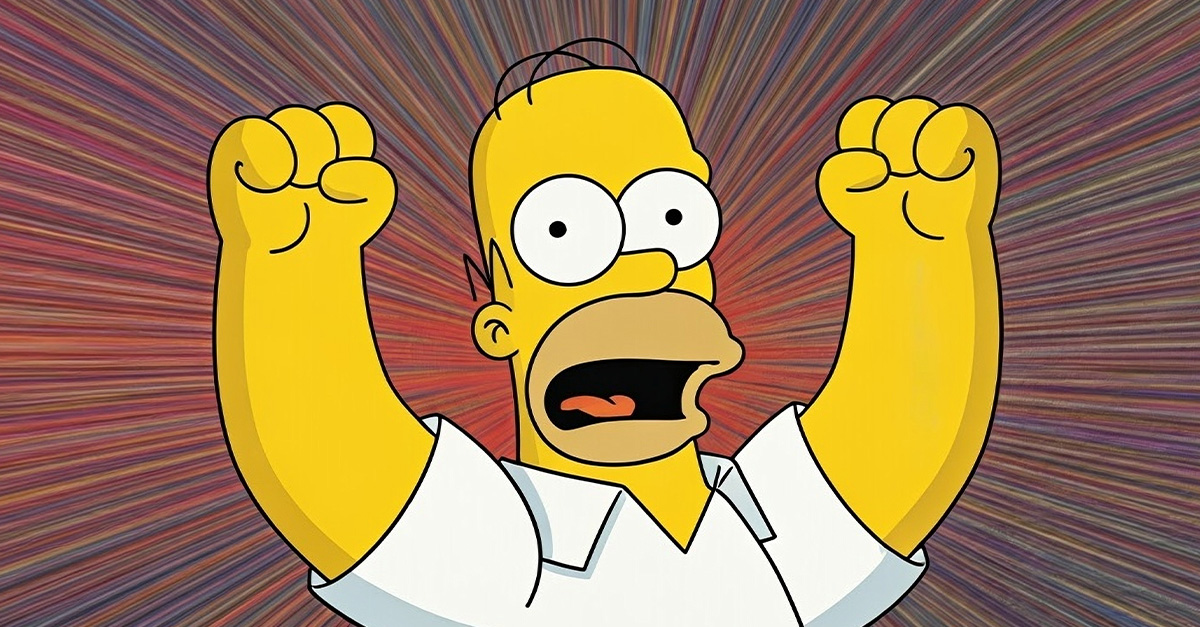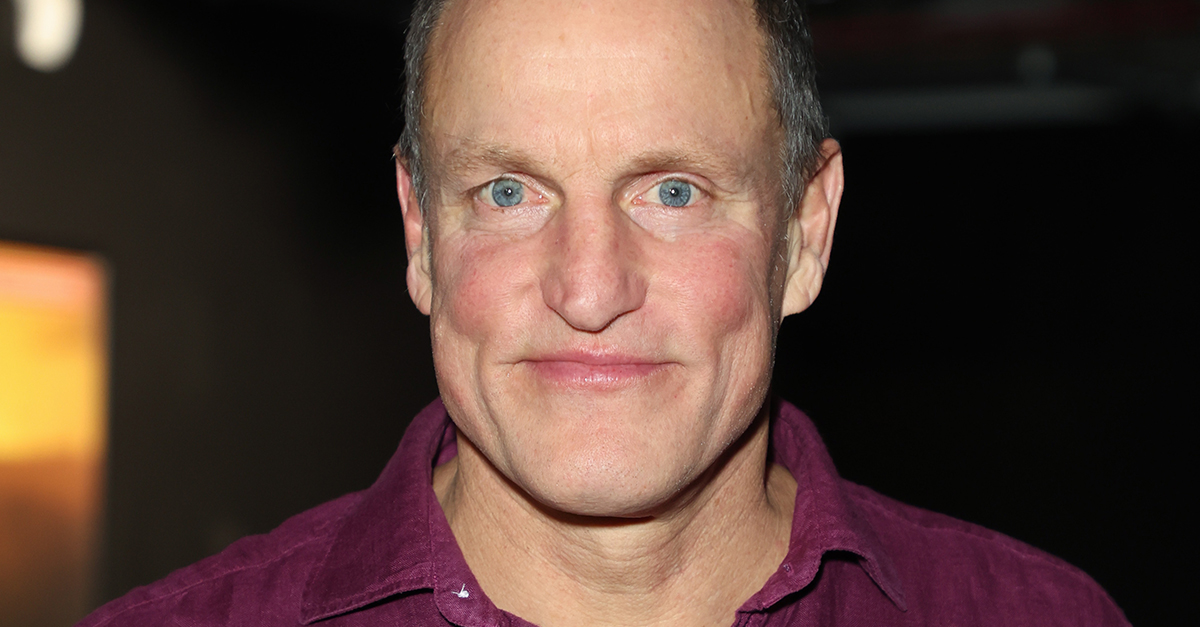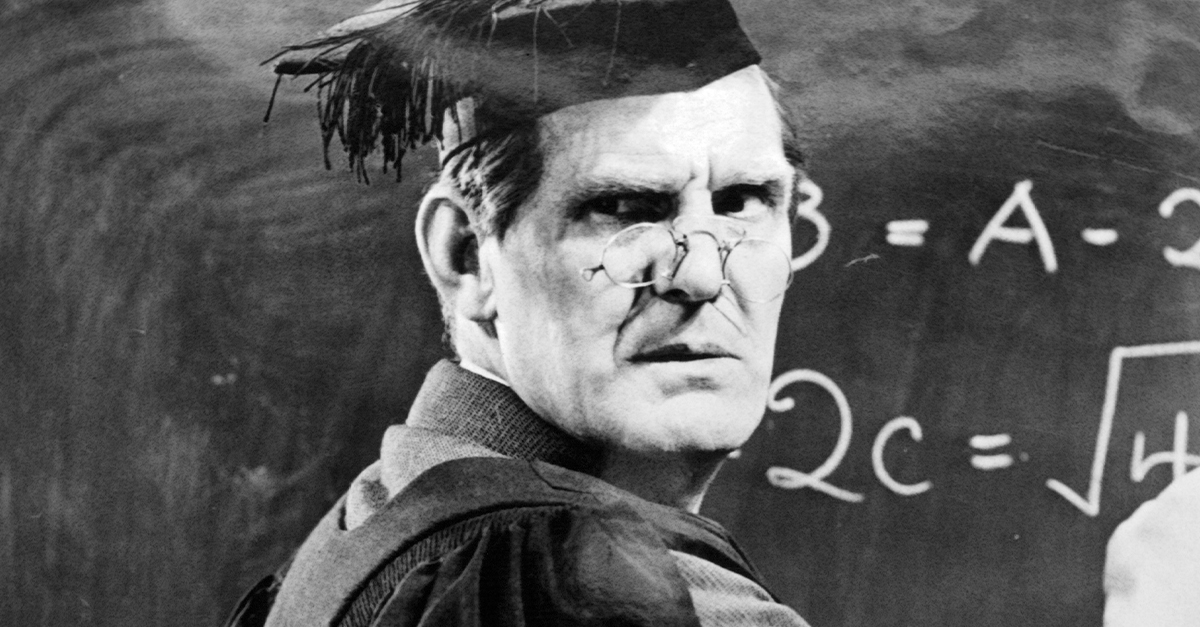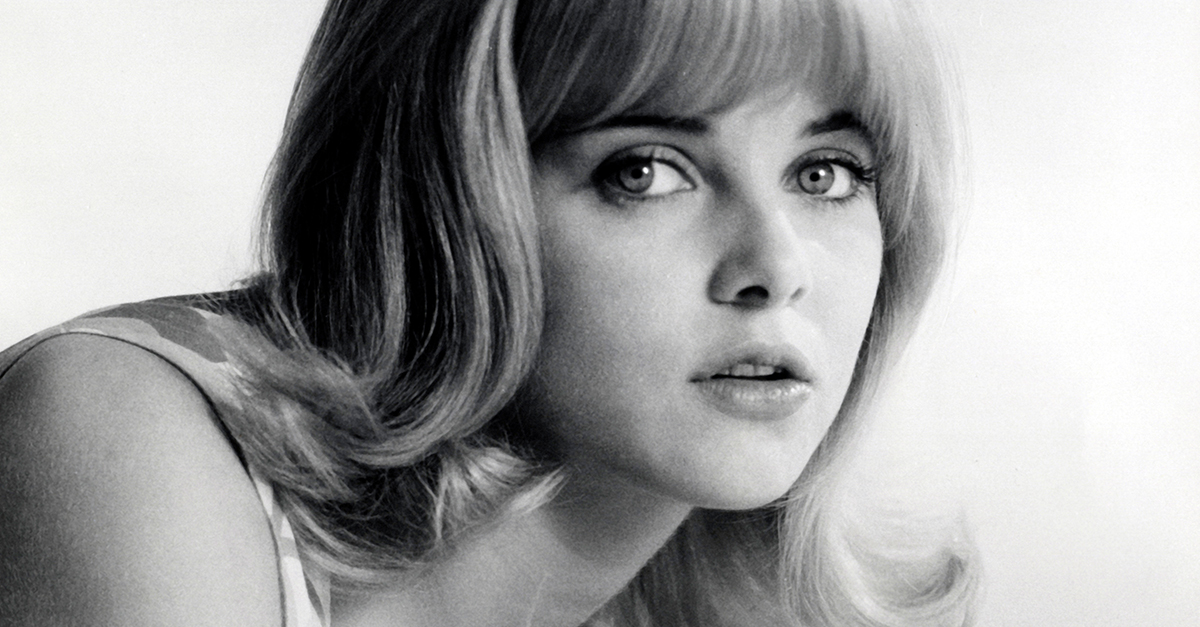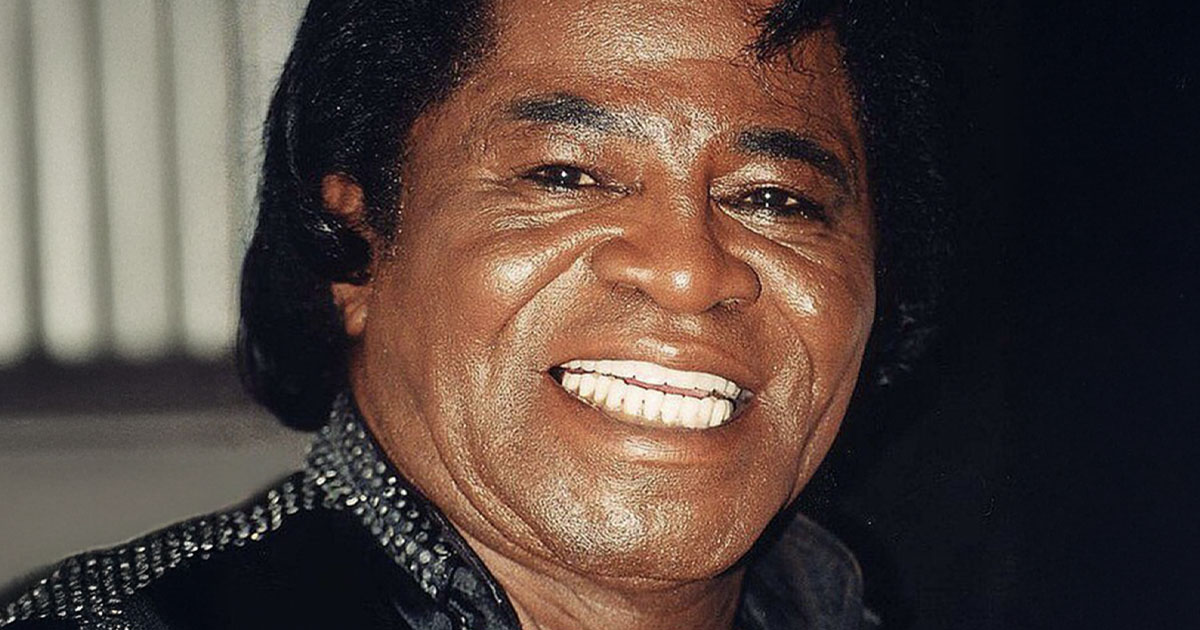These Shows Hid Their Politics Well From The Audience
Television has always been more than just entertainment. Beneath the laugh tracks, cliffhangers, and dragons, some of the smartest shows have used their stories to tackle real-world issues — without waving a political banner. Whether through satire, allegory, or character drama, these 25 shows managed to hide razor-sharp commentary under layers of style, wit, and emotion. Let’s pull back the curtain on the series that were secretly political — and brilliantly so.

The Simpsons
Sure, it’s an animated sitcom about a goofy family in a small town. But The Simpsons has always been a sly critique of American culture, politics, and corporate greed. From Mayor Quimby’s sleazy campaigns to Mr. Burns’ capitalism gone wild, the show has spent decades turning social commentary into punchlines.
 Screenshot from The Simpsons, 20th Television
Screenshot from The Simpsons, 20th Television
The Twilight Zone
Rod Serling used sci-fi and fantasy as a Trojan horse for deep commentary on McCarthyism, racism, and conformity. Episodes like “The Monsters Are Due on Maple Street” and “Eye of the Beholder” were thinly veiled allegories about fear, prejudice, and mass hysteria — the kind that network censors never saw coming.
 Screenshot from The Twilight Zone, CBS
Screenshot from The Twilight Zone, CBS
M*A*S*H
On the surface, it’s a comedy about army medics in the Korean War. In reality, M*A*S*H* was a masterclass in anti-war commentary — one that aired during the height of the Vietnam War. Its mix of humor and heartbreak made audiences question the absurdity of conflict without preaching a word.
 Screenshot from M*A*S*H, 20th Television
Screenshot from M*A*S*H, 20th Television
Star Trek: The Original Series
Boldly going where no one had gone before also meant boldly talking about civil rights, war, and diplomacy. Star Trek tackled segregation, the Cold War, and feminism — but wrapped it in space adventures so NBC execs didn’t notice they were airing one of the most progressive shows of the 1960s.
 Screenshot from Star Trek: The Original Series, Paramount Television
Screenshot from Star Trek: The Original Series, Paramount Television
The X-Files
Aliens and conspiracy theories? Sure. But The X-Files also explored deep distrust in government, surveillance culture, and institutional corruption — long before “deep state” entered the mainstream. Mulder and Scully’s quest for truth mirrored a generation’s growing cynicism about power.
 Screenshot from The X-Files, 20th Television
Screenshot from The X-Files, 20th Television
The West Wing
Not-so-secretly political, yes — but also idealistic in a way that made it revolutionary. Aaron Sorkin’s rapid-fire dialogue and moral debates made The West Wing a love letter to democracy and public service, at a time when cynicism was fashionable.
 Screenshot from The West Wing, Warner Bros. Television
Screenshot from The West Wing, Warner Bros. Television
Buffy the Vampire Slayer
Behind the vampires and witty quips, Buffy was a brilliant metaphor for feminism, adolescence, and identity politics. Each monster stood for something bigger — patriarchy, toxic masculinity, or the fear of “otherness.” Buffy wasn’t just saving Sunnydale; she was fighting societal demons too.
 Screenshot from Buffy the Vampire Slayer, 20th Television
Screenshot from Buffy the Vampire Slayer, 20th Television
Battlestar Galactica (2004)
The reimagined Battlestar Galactica turned space opera into a post-9/11 allegory, exploring terrorism, occupation, and moral compromise. Its questions about identity, faith, and survival felt eerily relevant to the early 2000s — and still resonate today.
 Screenshot from Battlestar Galactica, Syfy
Screenshot from Battlestar Galactica, Syfy
The Good Place
You thought it was a quirky afterlife comedy, but The Good Place was a stealthy exploration of ethics, moral philosophy, and what it means to be “good” in a complicated world. By the time audiences were laughing at Chidi’s breakdowns, they were also grappling with Kantian ethics.
 Screenshot from The Good Place, NBC
Screenshot from The Good Place, NBC
The Wire
On paper, it’s a crime drama about Baltimore. In reality, The Wire was one of the most politically charged shows ever made, dissecting institutional decay — from education and the press to politics and policing. It didn’t preach; it just showed how systems fail real people.
Parks and Recreation
What started as a The Office spinoff became a surprisingly optimistic political satire. Parks and Rec celebrated civic engagement, bureaucracy, and small-town democracy — proving that kindness and community spirit can be radical acts in themselves.
 Screenshot from Parks and Recreation, NBC
Screenshot from Parks and Recreation, NBC
The Handmaid’s Tale
Dystopia? Sure. But The Handmaid’s Tale also delivered a chilling feminist warning about authoritarianism, reproductive rights, and resistance. It’s political by design, but its emotional storytelling ensures it hits harder than any lecture could.
 Screenshot from The Handmaid's Tale, Hulu
Screenshot from The Handmaid's Tale, Hulu
South Park
Behind the toilet humor lies some of TV’s sharpest political commentary. South Park skewers everyone — left, right, and center — and manages to say something about hypocrisy, freedom, and outrage culture every single week. It’s chaos with purpose.
 Screenshot from South Park, Comedy Central
Screenshot from South Park, Comedy Central
The Americans
A Cold War spy drama where the enemy is also the hero? The Americans blurred moral lines, turning viewers into reluctant sympathizers for Soviet agents. It’s about patriotism, loyalty, and the moral cost of ideology — all hidden beneath wigs and disguises.
 Screenshot from The Americans, FX
Screenshot from The Americans, FX
The Crown
Underneath the lavish gowns and royal drama, The Crown is a study of power, tradition, and the tension between personal conscience and institutional duty. Every episode quietly probes the political machinery behind the monarchy — and the cost of maintaining its illusion.
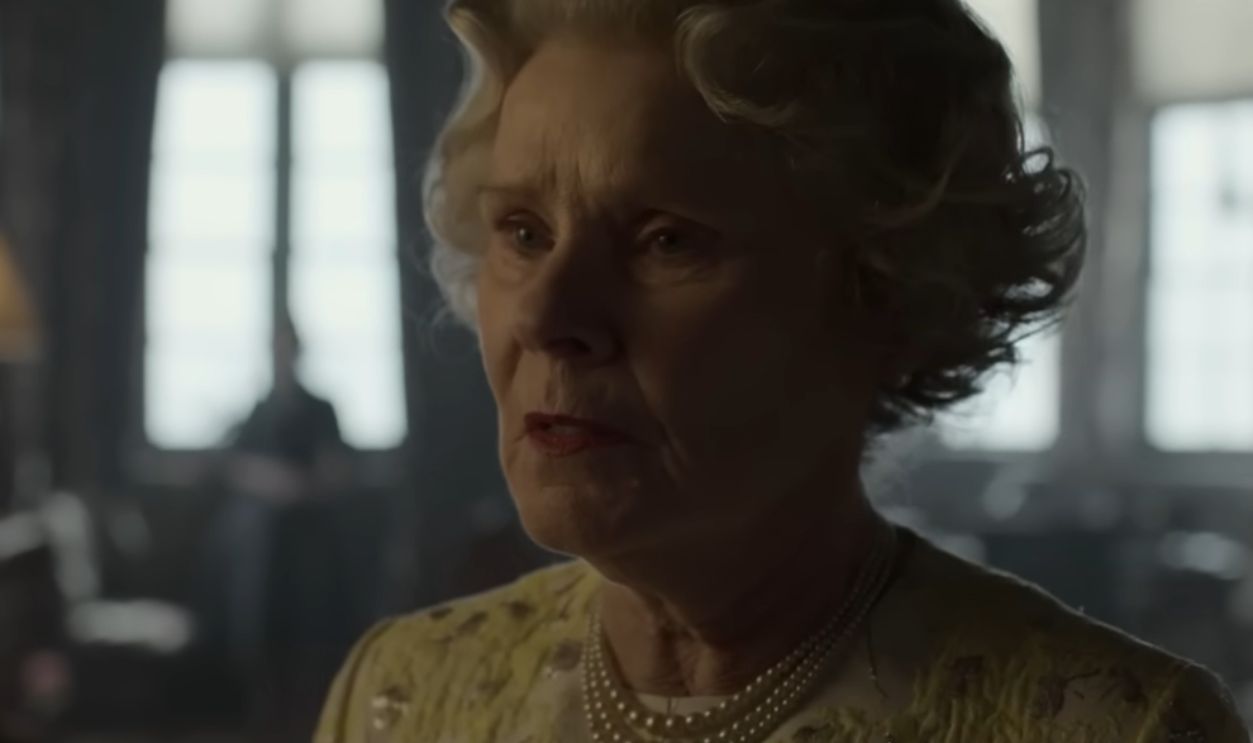 Screenshot from The Crown, Netflix
Screenshot from The Crown, Netflix
Mad Men
Don Draper’s world of whiskey and advertising doubles as a critique of consumerism, gender inequality, and the illusion of the American Dream. Every ad campaign is a political statement in disguise — and every cocktail party a window into a changing society.
Black Mirror
Black Mirror doesn’t need politicians to be political. Its dystopian tech parables reveal how easily we surrender privacy, empathy, and free will in the name of convenience. Each episode is a chilling reflection on power in the digital age.
 Screenshot from Black Mirror, Netflix
Screenshot from Black Mirror, Netflix
The Leftovers
Grief, faith, and social division — The Leftovers may be supernatural, but its political undercurrent is deeply human. It explores how societies rebuild after trauma, and how belief can both unite and divide people in desperate times.
 Screenshot from The Leftovers, HBO
Screenshot from The Leftovers, HBO
BoJack Horseman
A show about a depressed horse? Kind of. But BoJack Horseman also takes aim at celebrity culture, capitalism, mental health stigma, and media exploitation. Beneath the cartoon absurdity is a scathing, emotional indictment of modern America.
 Screenshot from BoJack Horseman, Netflix
Screenshot from BoJack Horseman, Netflix
Stranger Things
Sure, it’s full of monsters and ‘80s nostalgia, but Stranger Things subtly examines government experimentation, Cold War paranoia, and small-town conformity. The real villain isn’t just the Demogorgon — it’s the system that created the mess.
 Screenshot from Stranger Things, Netflix
Screenshot from Stranger Things, Netflix
Watchmen (2019)
Damon Lindelof’s Watchmen dared to connect superhero mythology to America’s racial history, from the Tulsa Massacre to systemic injustice. It transformed comic-book lore into a meditation on trauma, identity, and accountability — wrapped in a mask.
The Boys
If you think The Boys is just about superheroes behaving badly, look closer. It’s a brutal satire of corporate power, celebrity worship, and political propaganda — basically, what happens when capitalism becomes the real supervillain.
 Screenshot from The Boys, Amazon Studios
Screenshot from The Boys, Amazon Studios
Community
Community used absurdist humor and meta storytelling to challenge social hierarchies, race relations, and the myth of meritocracy — all while parodying pop culture itself. Greendale wasn’t just a college; it was a microcosm of democracy in chaos.
 Screenshot from Community, NBC
Screenshot from Community, NBC
The Expanse
Space politics never looked this real. The Expanse turned interplanetary drama into a nuanced reflection on colonialism, inequality, and environmental exploitation. Its blend of hard science and hard truths made it one of the smartest political sci-fi shows ever made.
 Screenshot from The Expanse, Amazon Prime Video
Screenshot from The Expanse, Amazon Prime Video
Atlanta
Donald Glover’s Atlanta is a surreal comedy that doubles as social commentary on race, fame, and capitalism. Every episode feels like an allegory — part dream, part protest — where absurdity reveals uncomfortable truths about America.
Succession
Yes, it’s about the ultra-rich behaving badly, but Succession is also a sharp political satire about media manipulation, wealth inequality, and the moral rot of power. It’s “eat the rich” disguised as “pass the champagne.”
 Screenshot from Succession, HBO
Screenshot from Succession, HBO
The Revolution Was Televised
Politics doesn’t have to come wrapped in speeches and campaign buttons. Sometimes it’s hidden in sitcoms, space battles, or talking horses. The best shows don’t just reflect the world — they challenge it, quietly changing minds while keeping us glued to the screen. And that’s the most subversive trick of all.
 Screenshot from The Boys, Amazon Studios
Screenshot from The Boys, Amazon Studios
You May Also Like:
TV Episodes That Used Real News Footage to Tell Their Story
Memorable TV Trends That Shaped The 2000s

